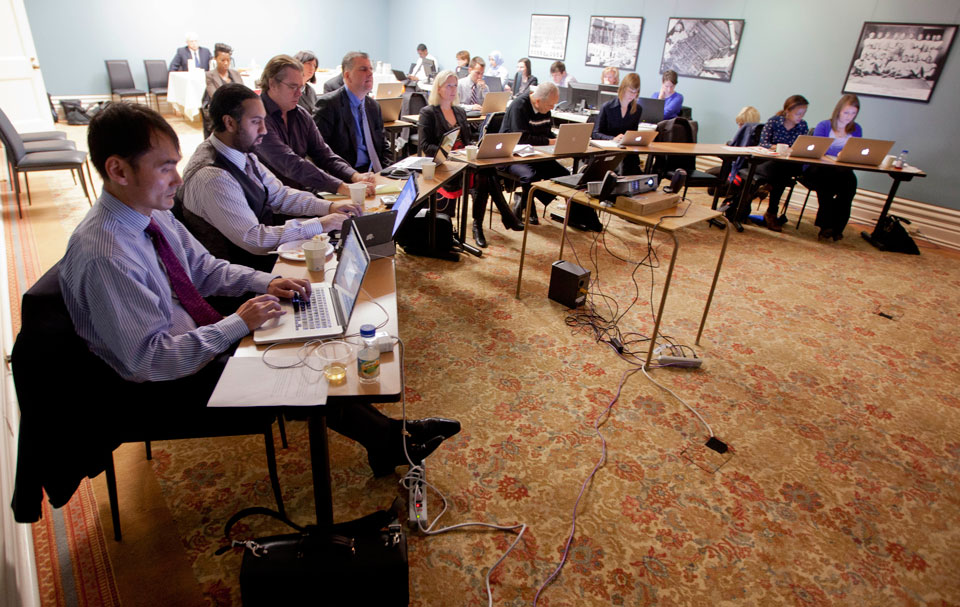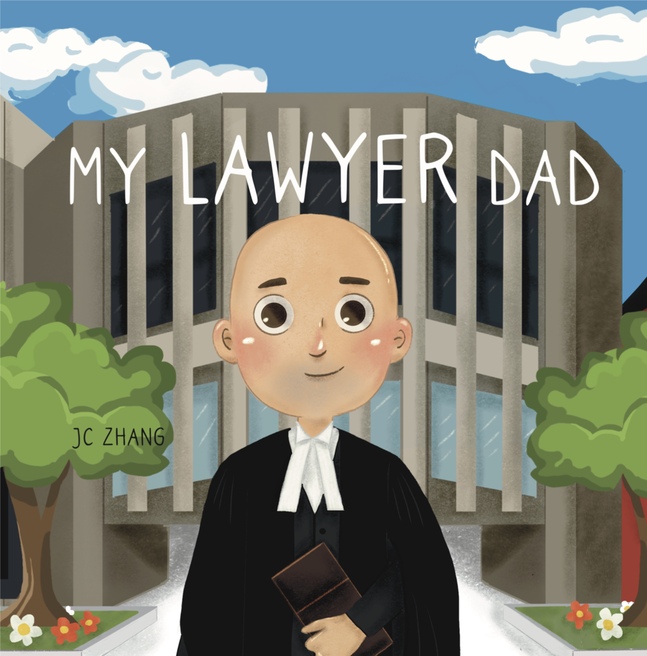Articling Debate at November Convocation
Omar Ha-Redeye was a panelist at the November Convocation to help debate the motion before the Articling Task Force. See the Press Release and coverage from the law society Gazette.
The debate began during the October Convocation, and continued into November with additional submissions. The following motion was approved, creating a new Legal Practice Program:
Motion
1.That Convocation approve the following pilot project respecting the transitional training component of the Law Society’s licensing process, the integrated components of which are as follows and the details of which are set out in this Report:
a. There will be a five-year transitional training pilot project, proposed to beginning 2014-15, with an articling component and a Law Practice Program (“LPP”) component.
b. During the pilot project data designed to enable an evaluation of the project will be collected and any necessary refinements or other policy issues related to this will be considered in the Professional Development & Competence (“PD & C”) Committee.
c. The formal review of the pilot project will commence in the final year of the pilot and be completed by the end of that year with a proposal for next steps provided to Convocation for its consideration. The implementation of the pilot project will continue during the course of the review. Convocation will then determine whether the pilot project should end, become permanent or result in a different approach.
d. During the pilot project the 10-month articling program will continue, in general with its current administrative structure and with a focus on measures designed to enable the evaluation of the program merits at the end of the pilot project, including enhanced documentation for Principals and students to complete.
e. The Law Society will issue a Request for Proposals (RFP) for interested parties to submit a proposal to provide a transparent, fair and defensible competency-based LPP to the Law Society as an alternative pathway to licensing. Validated law practice skills, task and professionalism competencies determined by the Law Society will form the basis of the LPP.
f. The RFP will seek proposals for the delivery of an LPP that,
i. provides training on the established competencies;
ii.is designed to accomplish the program goals within approximately four months,but permits potential providers to suggest a length of program they determine is most effective to accomplish the objectives;
iii.includes an additional four (4) month (17 week) cooperative work placement. The establishment of work placements will be the responsibility of the provider(s)and the provider(s)will assist and support candidates in choosing and completing the placements. To the extent possible, the successful provider will seek placements in settings that offer a wide range of experiential opportunities,including in settings that offer relevant transitional training while also supporting access to justice in areas for which there are unmet civil legal needs;
iv.incorporates the use of practising lawyers as instructors and/or in other capacities;and
v. includes quality assurance assessments.
g. The experiential components of both transitional training pathways (articling and LPP) will address approved competencies. The Law Society will oversee a formal process to assess defined learning outcomes necessary for entry-level practice, based on those competencies (“the assessment”). The assessment will be standardized, transparent and fair. All candidates for licensing, including any otherwise exempted from the LPP or articling, will be required to successfully complete the assessment as a requirement of licensing.
h. The assessment process, applying at a minimum the components and considerations set out in paragraph 165 of this Report, will be developed and proposed to Convocation for its approval in the period prior to implementation of the pilot project.
i. To enable the Law Society and the profession to make evidence-based determinations about the merits of each component of the pilot project, an evaluation system, described in paragraphs 170-175 of this Report, will be designed and implemented.
j. During the pilot project law graduates may apply for articling positions or the LPP. In the interim period between 2012 and the full implementation of the LPP alternative, those candidates who began the licensing process in the 2012-13 licensing year, (commencing May 1, 2012) but are unable to find an articling placement within the three-year period provided to complete all components of the licensing process, may maintain their status as a licensing candidate until such time as they can enter and complete the LPP and all other aspects of the licensing process. The Law Society will extend the three-year completion requirement for this period with the condition that each candidate must register and complete the LPP at the first available offering.
k.Following Convocation’s approval of the pilot project,
i. the RFP will be developed and issued;
ii.the RFP applications will be considered in accordance with the Law Society’s established process for RFPs;
iii. the PD&C Committee will make recommendations to Convocation on the most appropriate approach or approaches for delivery of the LPP, for Convocation’s approval;
iv.the successful provider(s) will be chosen in accordance with the Law Society’s established process;
v.steps to implement the requirements of the pilot project, including the development of the assessment process set out (g) and (h) above will be undertaken by the PD& C Department;
vi. any additional policy matters to enable implementation, including approval of the assessment process set out in (g) and (h) above, will be considered by the PD& C Committee and,where necessary, the Committee will make recommendations to Convocation for its consideration and approval.




